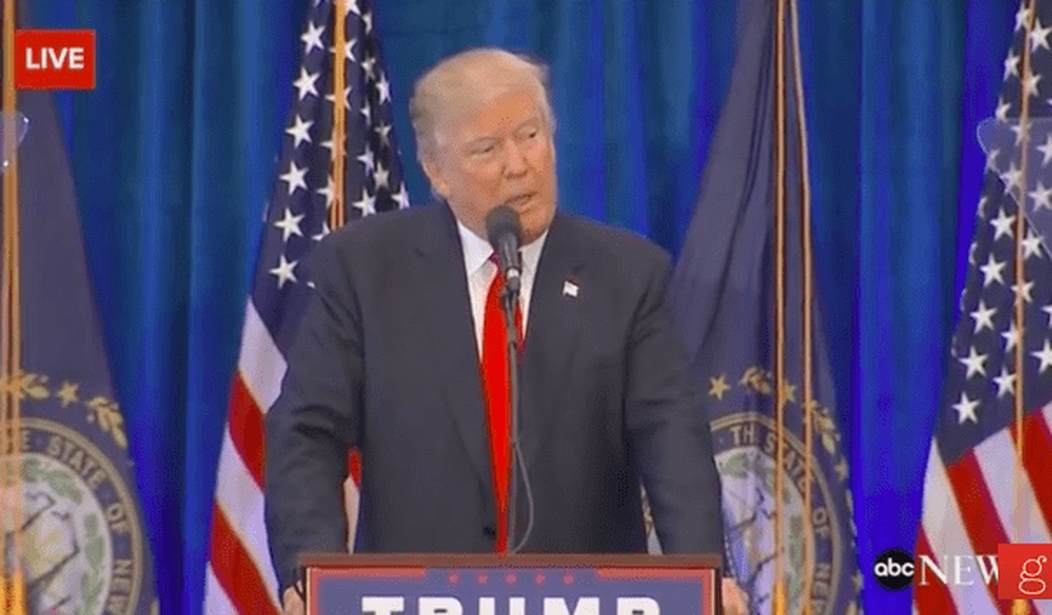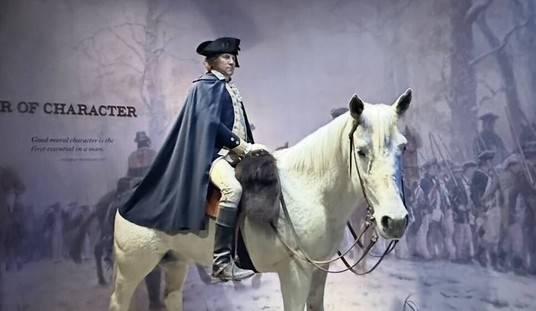WASHINGTON — Attorney General Loretta Lynch told the White House’s Historically Black Colleges and University Week Conference today that the “painful” images of officer-involved shootings have ensured that race relations aren’t pushed to the back burner.
Lynch called “frayed relationships between law enforcement officers and citizens of color” one of the civil rights challenges of our time.
“On this issue, the pain of the minority community is as old as our country and as recent as the evening news,” she said. “Viral videos of lives lost underscore the immediacy of the issue. But these images, as painful as they are, have allowed us to move beyond the denial or inability to understand of the past, to bring the minority experience into the forefront.”
“These times are akin to the civil rights era of 50 years ago, when the television cameras illuminated the stark differences in our government’s treatment of black and white citizens. And as painful as these images are, they have allowed us to have important conversations with community members and with law enforcement.”
Lynch added that “these conversations are difficult, but necessary.”
“And they reveal that at the end of the day, no matter who we are or what we look like, we all want the same thing: to be understood not as stereotypes, but as individual human beings; to live lives of dignity and purpose; and to raise our children in safety and security,” she said.
The attorney stressed that “healing those divisions must be the work of our time, and I believe that all of us have a responsibility to help carry that effort forward.”
Justice Department efforts including training and equipment help, Lynch said, “but I am well aware that ultimately, change has to come from within communities.”
Historically black colleges and universities, she noted, “serve as safe spaces for courageous conversations” such as a recent forum between police officers and young adults at Howard University.
“The conscience of our nation cannot rest until all Americans feel respected and protected by our laws… ultimately, that is what the issue of community-police relations is all about: whether we will be content so long as so many of our fellow Americans feel that the law works not for them, but against them. We have faced that question at so many junctures in our past.”









Join the conversation as a VIP Member